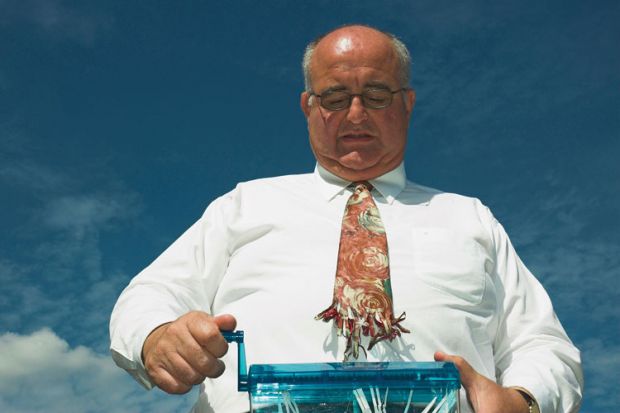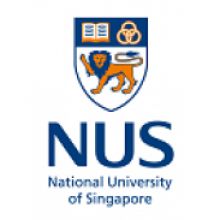Efforts to recruit top overseas students will be damaged if teaching at some UK universities is branded second-rate by the upcoming teaching excellence framework, the vice-chancellor of the University of Oxford has warned.
Andrew Hamilton, who is leaving Oxford to become president of New York University in January, told Times Higher Education that he is highly concerned about the messages that the framework might send to the rest of the world.
“I sincerely hope in this exercise of national reflection on teaching in higher education institutions that we do not send the world any negativity about what is a highly successful sector,” Professor Hamilton said.
“Our competitors will be licking their lips that we will start declaring that some institutions are better or worse at teaching than others,” he added.
Professor Hamilton said he hoped that policymakers had “thought about some of the immensely damaging consequences to the sector, which is highly successful on the international stage at recruiting students”.
“It is enough of a challenge with the current immigration policy that discourages students from coming to the UK,” he said, adding that UK universities could be “doubly disadvantaged”.
The concerns raised by Professor Hamilton have been echoed by other sections of the higher education sector: last week the Million+ group of universities also warned in a report that the TEF risked “undermining” the UK system’s reputation.
Meanwhile, commenting on reports that the TEF might contain indicators on university access, Professor Hamilton said he would be concerned if this resulted in a regulatory “duplication” given the existing role of the Office for Fair Access.
“We already engage in an important and complex set of discussions with Offa, so the one thing I hope the TEF will not evolve into is a new kind of administrative and regulatory burden,” he said.
“We already have the research excellence framework, and we do not talk enough about the cost of administrative and faculty time this involves – I hope this exercise does not become an unnecessary duplication of the work we already do,” he added.
Professor Hamilton – who spoke to THE last month at the inaugural Symposium on International Liberal Education in Singapore, which was held to mark the inauguration of Yale-NUS College, a £150 million campus project between Yale University and the National University of Singapore – added that he hoped the TEF would also find a way to recognise the importance of Oxford’s tutorial system, saying there should not be a “one size fits all” approach to judging quality.
POSTSCRIPT:
Print headline: TEF risks effect of self-sabotage
Register to continue
Why register?
- Registration is free and only takes a moment
- Once registered, you can read 3 articles a month
- Sign up for our newsletter
Subscribe
Or subscribe for unlimited access to:
- Unlimited access to news, views, insights & reviews
- Digital editions
- Digital access to THE’s university and college rankings analysis
Already registered or a current subscriber? Login






